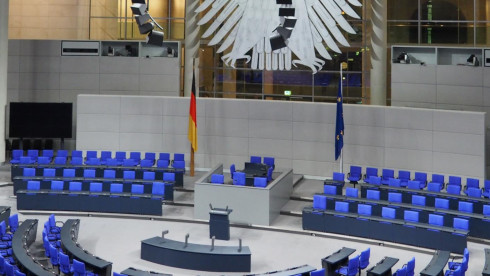"This service is currently not available"
Über die Veranstaltung
For millions of people worldwide, access to the internet is not a matter of course as it is for many of us. This is so not only due to limited technical services but also because access to the World Wide Web is regulated and restricted by governments.
Governments around the world restrict access to the internet, especially during elections and anti-government protests - and this trend is growing. In 2019, the NGO Access Now counted a total of 213 internet shutdowns in 33 countries. Asia and Africa are primarily affected, but there are also cases in Latin America and Europe. Many Europeans may well recall the state-ordered internet restrictions during the elections and protests in Belarus, to name just one example.
The global Covid-19 pandemic makes this topic even more explosive, because the internet is the only source of information about the virus for millions of people around the world.
In our webtalk series “This service is currently not available”, we will discuss how internet shutdowns are threatening democracy worldwide. This third edition will focus on Eastern Europe. You are cordially invited to join our conversation and ask questions to our experts!
Please register for the event on this site under "Jetzt anmelden". After registration, you will receive an access link for Zoom in a separate e-mail.
With Ali Aslan, Natalia Krapiva, Alena Epifanova M.A. and Dr Aliaksandr Herasimenka.
"This service is currently not available"
In our webtalk series “This service is currently not available”, we will discuss how internet shutdowns are threatening democracy worldwide. This edition will focus on Eastern Europe.







